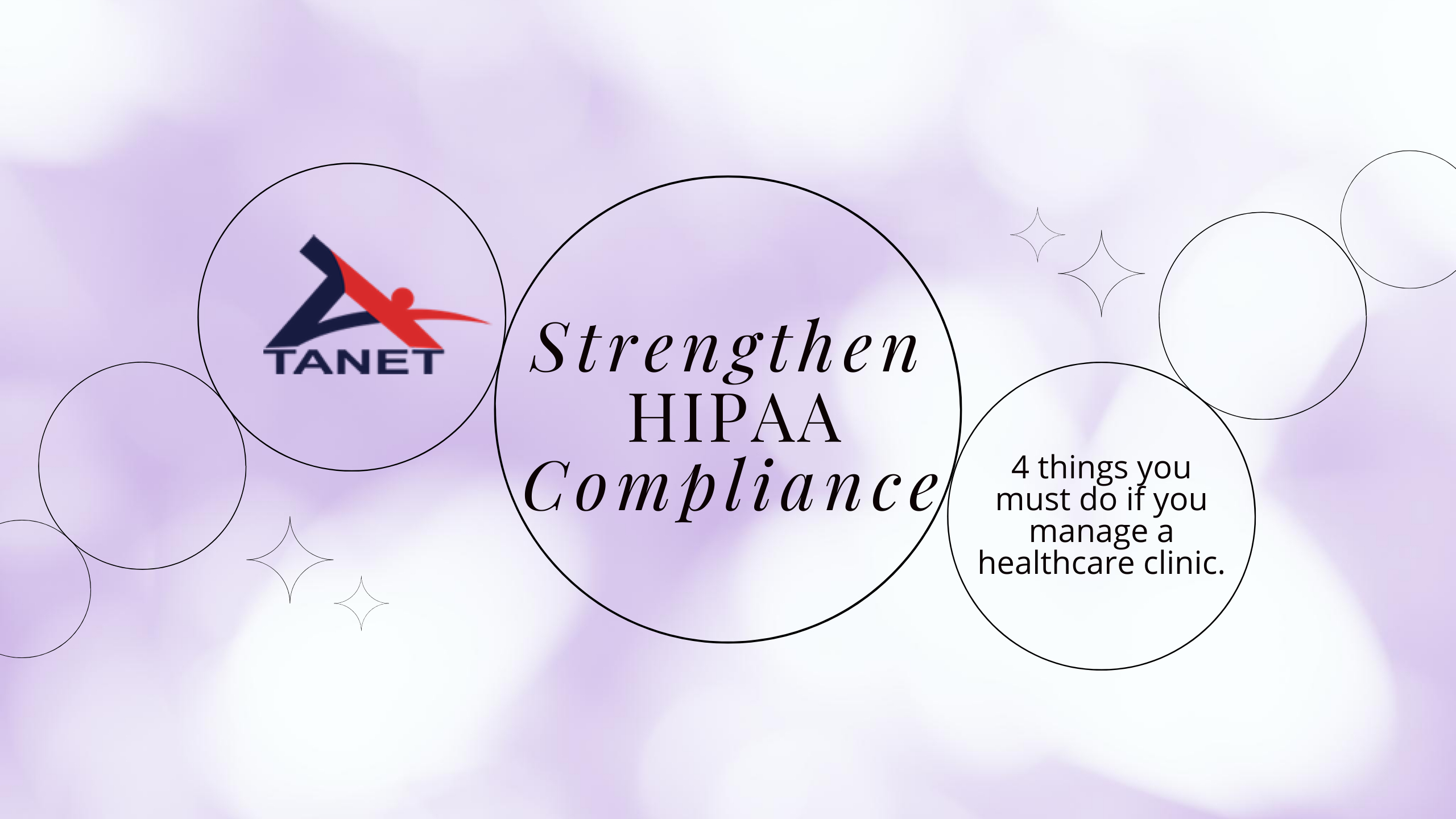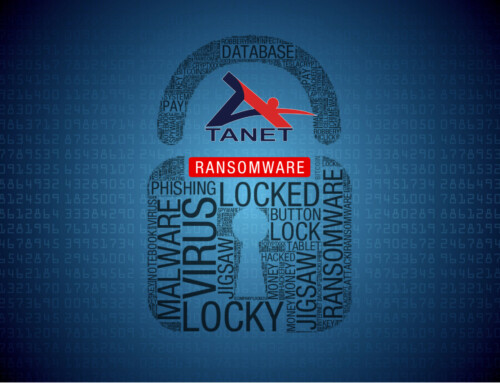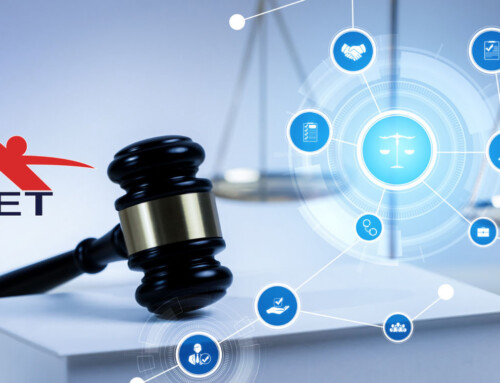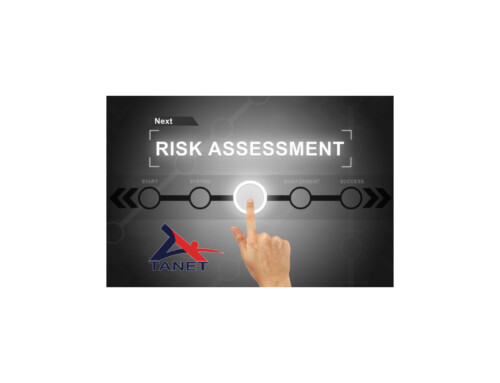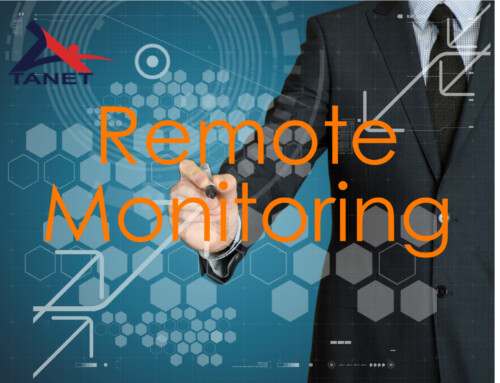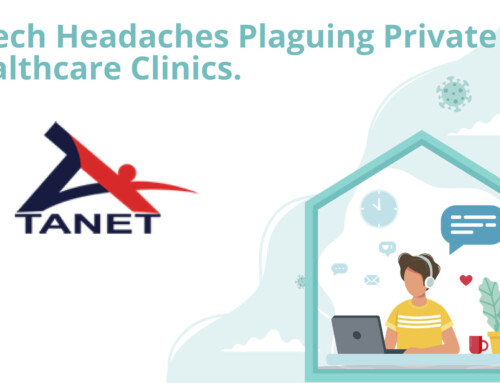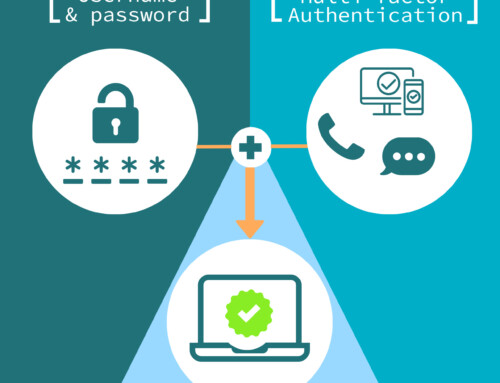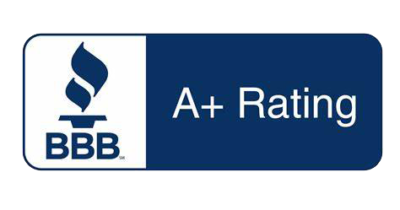In an era where healthcare is increasingly reliant on digital technologies, safeguarding patient information is paramount. Healthcare clinic owners face the dual challenge of embracing technological advancements while ensuring strict adherence to the Health Insurance Portability and Accountability Act (HIPAA). Here are key considerations for clinic owners looking to bolster HIPAA compliance and enhance safeguards for patient data.
Comprehensive Staff Training:
The First Line of Defense
Ensuring every member of your healthcare team is well-versed in HIPAA regulations is the foundation of compliance. Regular training sessions that cover the latest updates and potential risks can empower your staff to recognize and address security threats effectively. From front-desk staff to healthcare providers, a culture of awareness and accountability is crucial for maintaining the confidentiality and integrity of patient information.
Secure Communication Channels:
Safeguarding Patient-Provider Interactions
The use of secure communication channels, such as encrypted messaging platforms and secure patient portals, is essential for HIPAA compliance. These technologies not only facilitate efficient communication but also protect sensitive patient data during electronic exchanges. Implementing secure communication tools ensures that patient information remains confidential, even when shared between healthcare professionals.
Advanced Data Encryption:
Fortifying Data Security
Data encryption is a powerful tool in the arsenal of HIPAA compliance. Encrypting patient data, both in transit and at rest, adds an extra layer of protection against unauthorized access. Whether it’s electronic health records, emails, or other digital communications, employing robust encryption algorithms ensures that patient information remains confidential and secure throughout its lifecycle.
Regular Security Audits and Risk Assessments:
Proactive Compliance Management
Conducting regular security audits and risk assessments is crucial for identifying vulnerabilities in your clinic’s systems and processes. This proactive approach allows you to address potential threats before they escalate. By continuously monitoring and evaluating your clinic’s security posture, you can adapt and implement additional safeguards to stay ahead of emerging risks and evolving HIPAA requirements.
Conclusion: The evolving landscape of healthcare demands a proactive and comprehensive approach to HIPAA compliance. As healthcare clinic owners navigate the digital frontier, it’s imperative to prioritize staff training, embrace secure communication channels, implement advanced data encryption, and conduct regular security audits. By doing so, you not only safeguard patient information but also demonstrate a commitment to the highest standards of data security and privacy. In the ever-changing world of healthcare technology, a vigilant and well-prepared clinic is better positioned to provide top-notch patient care while meeting the rigorous demands of HIPAA compliance.

